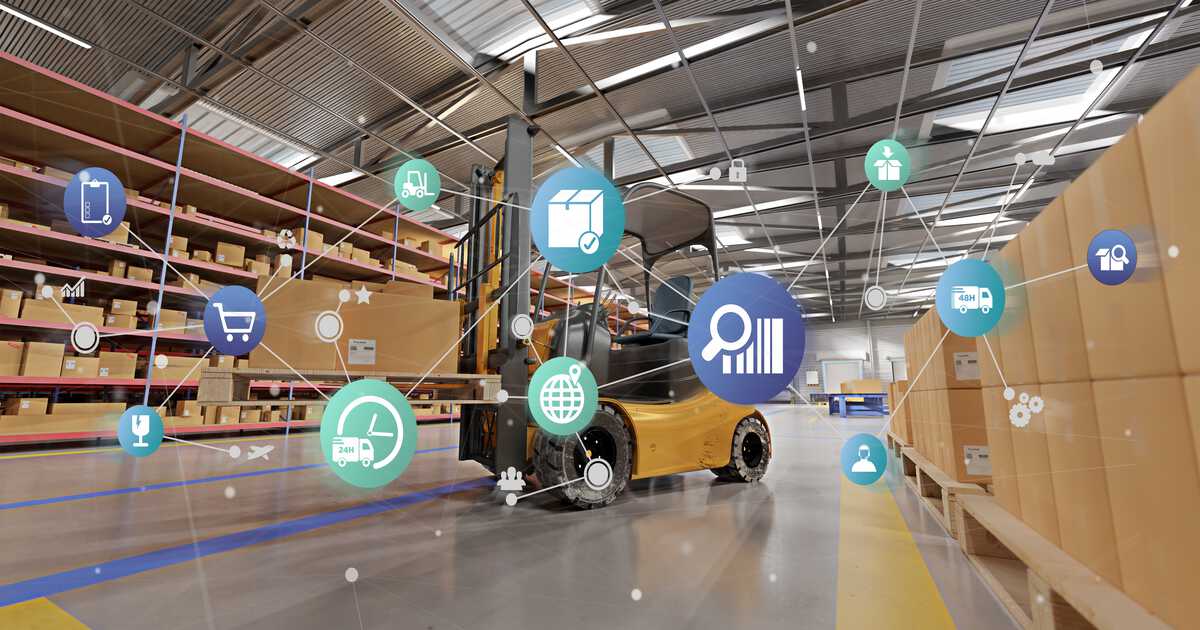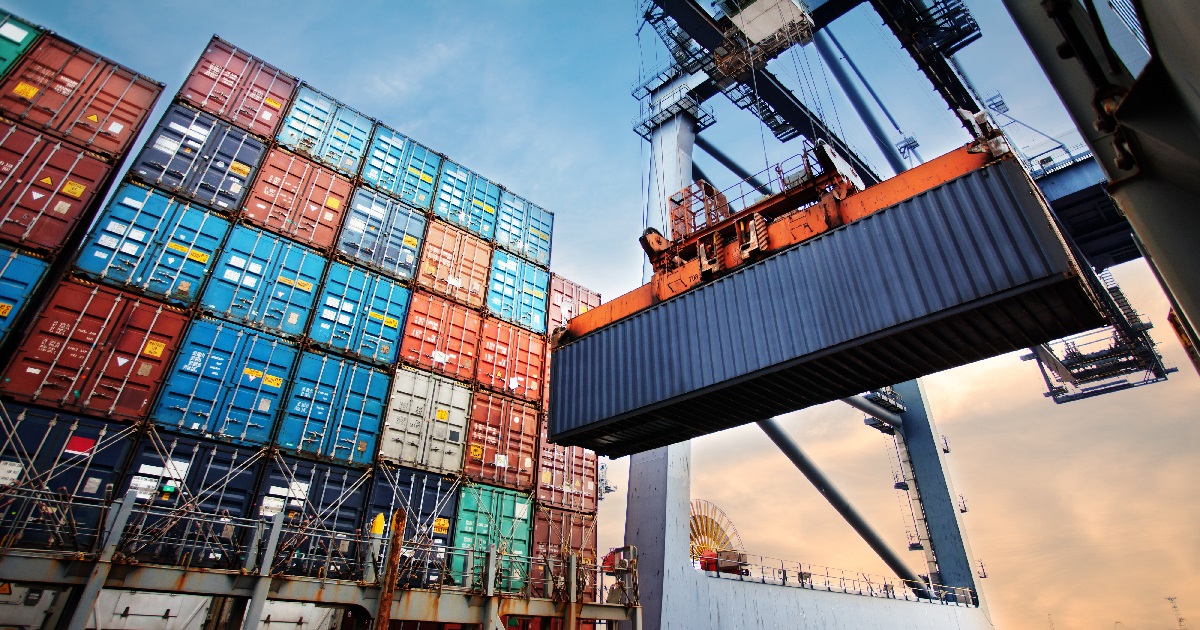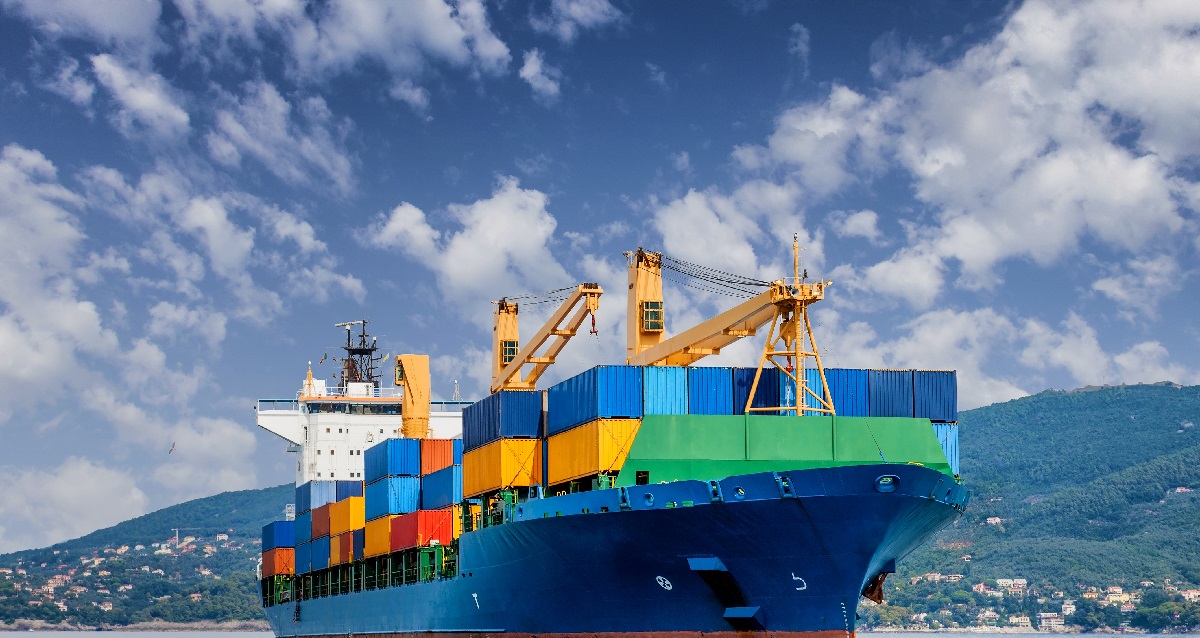
Logistics, Supply Chain, Transportation
Business Wire | February 05, 2024
AIT Worldwide Logistics, one of the world’s leaders in global supply chain solutions, has acquired Global Transport Solutions Group (GTS), a prominent international freight forwarder specializing in time-critical marine spare parts logistics.
Headquartered in the Netherlands, GTS and its more than 600 teammates across 16 locations in Asia, Europe, the Middle East and North America, serve over 2,000 ports around the world. The GTS network also includes nine consolidation hubs totaling more than 45,000 square meters of warehouse space.
AIT Chairman and Chief Executive Officer, Vaughn Moore, said, “I’d like to welcome our new GTS teammates to the global AIT network. This is the largest acquisition in our company’s history and GTS’ marine spare parts business is an excellent complement to AIT’s time-critical supply chain solutions.”
The company’s business is divided into two sub-brands: Marinetrans (founded in 1991), excelling in “door-to-deck” spare parts logistics for ship owners and managers, and Best Global Logistics (founded in 2007), providing time-critical solutions and general forwarding for other industries, including life sciences shippers.
According to AIT’s Chief Business Officer, Greg Weigel, the acquisition provides the company with new geographic presence in Greece, Japan and the Nordic region while adding significant capacity and subject matter expertise to existing AIT networks in China, the Netherlands and Singapore. The deal also provides a strong foundation to expand GTS’ world-class marine spare parts solutions via AIT’s expansive global freight network.
“The acquisition of GTS creates an incredible portfolio of solutions serving the maritime industry with delivery of time-critical spare parts across all geographies. This is a perfect complement to AIT’s vertical strategies focused on expedited mission-critical services like our Critical Solutions Group, government and AOG team, and Life Sciences Division,” Weigel said. “We plan to rapidly invest and expand GTS’ North American operations by capitalizing on AIT’s robust salesforce in the United States and offering maritime customers a world-class spare parts logistics solution in every port.”
AIT President and Chief Operating Officer, Keith Tholan, noted that the GTS core values – customer first, operational excellence, and partnership and collaboration – closely mirror AIT’s core values.
“We are delighted to welcome GTS teammates to AIT,” Tholan said. “Their deep marine logistics expertise and three decades of proven on-time performance in a very demanding segment will complement the diverse solutions we offer across our vertical sector strategy. We also expect our best-in-class global air freight procurement will instantly benefit their time-critical operations.”
According to GTS co-CEO John Burgstra, the acquisition is an opportunity for GTS to further expand their worldwide operations.
“We aim to provide our clients an unrivaled experience when it comes to global visibility, transparency and on-time performance, fully unburdening them of the required logistical handling of their vessels’ spare parts,” he said. “We are excited about becoming part of a larger group and the global development opportunities this acquisition will provide for our teammates.”
“Because of the highly fragmented and international nature of our clients’ requirements, they need a trusted partner with a vetted and effective global network,” added GTS co-CEO Vegard Prytz. “GTS will gain enormous benefits from leveraging the global AIT infrastructure, creating an even more integrated and seamless solution for clients around the world.”
Read More

Logistics, Operations, Supply Chain
PR Newswire | January 10, 2024
Metro Supply Chain Inc. ("Metro Supply Chain"), a strategic supply chain solutions partner to some of the world's fastest growing and most reputable organizations, is pleased to announce that it has entered into an agreement to acquire SCI Group Inc. ("SCI"), a leading Canadian third-party logistics (3PL) company, from Canada Post Corporation ("Canada Post") and Purolator Holdings Ltd.
This transformational transaction is expected to close in the first quarter of 2024, subject to customary closing conditions, including the receipt of regulatory approvals.
"We are thrilled about the prospect of acquiring SCI," said Chiko Nanji, Metro Supply Chain Founder and Group Chairman. "There is an excellent strategic fit between SCI and our existing operations and culture, and we are excited about the future as a combined entity. This acquisition will strengthen our position as a true champion in strategic contract logistics services."
The combined entity, with deep Canadian roots and a shared focus on customers, will be ideally positioned to compete in the global supply chain sector.
"The strategic alignment between Metro Supply Chain and SCI is strong. We look forward to leveraging our complementary strengths and shared emphasis on operational excellence to generate growth for clients in multiple sectors, including technology and healthcare, and expand our e–commerce offering," said Metro Supply Chain President and Chief Executive Officer Chris Fenton. "The addition of SCI to the Metro Supply Chain group will offer opportunities to enhance our expansion efforts south of the border."
Headquartered in Québec, with significant regional support offices in the Greater Toronto Area and operations across Canada, the United States and United Kingdom, the combined entity will create a diversified supply chain solutions provider.
Metro Supply Chain is highly engaged and committed to its people and the communities in which it operates. It is mindful of its social, economic and environmental impact and seeks ways to work more sustainably and create a positive impact on the planet, customers, teams and communities.
Chris Galindo, President and CEO of SCI, will remain with the combined entity, ensuring the continuity of SCI's commitment to excellence.
"There is a strong strategic alignment between Metro Supply Chain and SCI, from our strong people–first cultures to our focus on innovation, best-in-class systems, and contractual business models and complementary technology, client and vertical mix," explained Galindo.
Metro Supply Chain is grateful to its existing and new financial partners, LDC Logistics Holdings Inc., CDPQ, Investissement Québec, and the National Bank of Canada, for their support in this transaction and the future growth of the combined entity.
"With this 10th acquisition by Metro Supply Chain since it began working with CDPQ in 2018, the company is actively pursuing its strategic development plan," said Kim Thomassin, Executive Vice-President and Head of Québec at CDPQ. "We are proud to support the company in its efforts to strengthen its position as a Canadian leader, accelerate growth projects and expand activities, particularly in the United States and the United Kingdom."
To support its global strategic vision, Metro Supply Chain has concluded an agreement with the Government of Québec through Investissement Québec, for an investment by way of a private placement in Metro Supply Chain.
"To ensure the economic and sustainable development of Québec, it is essential that we be able to rely on Québec companies and robust supply chains. With this investment in Metro Supply Chain, we are helping a Québec company to become an international leader in the logistics sector," stated Pierre Fitzgibbon, Minister of Economy, Innovation and Energy, Minister Responsible for Regional Economic Development and Minister Responsible for the Metropolis and the Montréal Region.
"This transaction aligns with Investissement Québec's mission to create a logistics champion and support its geographic expansion outside Québec. Metro Supply Chain is setting an example by making a significant investment to improve its productivity by automating its warehouses. The Covid-19 pandemic highlighted the importance of supply chains, which are an essential link in the Québec economy," said Guy LeBlanc, President and CEO of Investissement Québec.
"Metro Supply Chain welcomes Investissement Québec as one of its new strategic partners and is very pleased to be able to count on the continued support of LDC Logistics Holdings Inc., CDPQ, the National Bank of Canada, as we pursue our global growth ambitions," stated Metro Supply Chain CFO Mathieu Descheneaux. "This strategic investment enables us to acquire high–quality companies like SCI to expand the range and depth of supply chain solutions we can offer."
Together, Metro Supply Chain and SCI anticipate a bright future, delivering innovative supply chain solutions that meet the most challenging needs of their customers.
Read More

Freight, Supply Chain
Kuehne+Nagel | January 08, 2024
The new year starts with electrifying news as Kuehne+Nagel announces its Book & Claim insetting solution for electric vehicles. This makes Kuehne+Nagel the first logistics service provider to launch this solution, which previously was limited to low-emission fuels. Implementing decarbonisation solutions and helping customers achieve their sustainability goals is a key component of Kuehne+Nagel’s Roadmap 2026 Living ESG cornerstone.
Developing Book & Claim insetting solutions for road freight was a strategic priority for Kuehne+Nagel. Last October, it launched an insetting solution for HVO—now followed by electric vehicles. The first-of-its-kind solution has been tested and validated in cooperation with leading external stakeholders.
Customers who use Kuehne+Nagel’s road transport services can now ‘claim’ the carbon reductions of electric trucks when it is not possible to physically move their goods on these vehicles. Reasons for that could be insufficient charging infrastructure or a limited driving range and payload. The solution helps to bridge those challenges which today still limit the deployment of electric trucks.
“We see battery-Electric Vehicles (BEVs) as the future to reduce emissions in road freight. Carbon insetting supports the scale-up of low-emission solutions like BEVs and helps to reduce the premium that customers pay for these solutions, thereby supporting the decarbonisation of road transport,” says Hansjörg Rodi, Member of the Management Board at Kuehne+Nagel International AG, responsible for Road Logistics.
For now, only Kuehne+Nagel’s owned BEVs are part of the Book & Claim offer to keep full control and transparency over the accuracy of the data that is used in the calculations. However, the team aims to expand the solution to BEVs operated by its partners so that it can support them in their fleet electrification journeys too. “Purchasing electric trucks can be a heavy financial burden, especially for smaller carriers. Including carriers in our solution requires further complex developments in the accounting methodology, but it would help them to finance their transition. This is our next priority,” concludes Rodi.
Read More